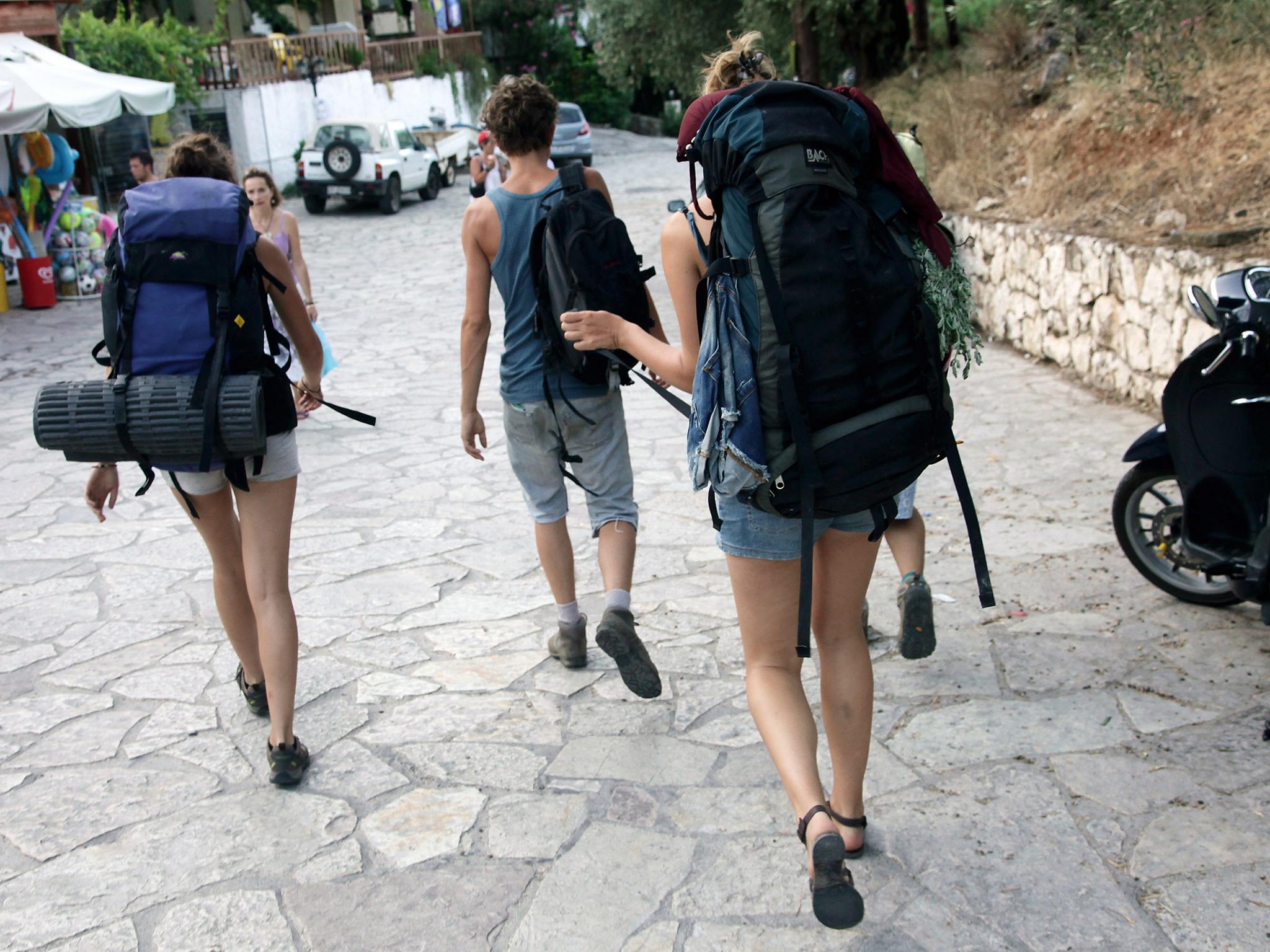A message for Louise Linton and anyone considering voluntourism: nobody needs your neo-colonialist 'aid'
“Turns out that we, a group of highly educated private boarding school students, were so bad at the most basic construction work that each night the men had to take down the structurally unsound bricks we had laid and rebuild the structure"


Ah, Louise Linton, and all potential future "voluntourists". I know you mean well (sort of). But as an ethnic minority whose father comes from Algeria – a country whose society and infrastructure still bear the scars of its brutal war against French occupiers – I have a message for you: I’d like you to stop travelling to war-torn countries on the pretext of aid.
Louise, your wide-eyed foray into the bowels of Africa found its way onto The Telegraph in the form of an excerpt from your book In the Shadow of Congo. Put simply, it’s so riddled with inaccuracy that the only true part might be about your “angel hair”.
Africans have already painstakingly pointed out the discrepancies in the account, but one in particular bears repeating if only to emphasise the dangerous misinformation you espouse about the Democratic Republic of Congo, and by extension Zambia.
The most obvious being the claim that in 1999 you became embroiled in the historic violence between the Hutu-Tutsi tribes of Rwanda and Burundi. The only Tutsis to speak of in the DRC are called the Banyamulenge, who had fled Rwanda following genocide in the early 20th century.
These Tutsis faced Hutu Génocidaires in the east of the country in 1994. Yes, the conflict contributed to the Congolese war – but since Zambia borders the south of the country and not the east, there is no way you could have experienced it.
Travelling to a country marred by conflict is a frightful affair – my three months spent in Palestine taught me that - but upon my return, I made a concerted effort to talk about the war in an informed way. Yes, I spoke about having to cross Qalandia checkpoint, the vast swathe of land teeming with Israeli military which cut across Ramallah and Jerusalem like a wound, and I spoke at length about Palestinians’ horrible accounts of war.
But I made sure not to let war define the people: the conflict is only part of the story.
Unfortunately, your account isn’t the only time a hapless westerner courted danger across the proverbial pond. In fact, orientalist ventures – Marco Polo’s flirtation with China and Eugene Delacroix in Algeria – were the first grains of sand in the desert that has become modern “voluntourism”.
Writer Pippa Biddle, talking of her experience building a library in Tanzania, sums up the problem with voluntourism perfectly: “Turns out that we, a group of highly educated private boarding school students, were so bad at the most basic construction work that each night the men had to take down the structurally unsound bricks we had laid and rebuild the structure.”
The proliferation and access to technology has given birth to a new breed of traveller, of which you are a part – the kind armed with an internet connection and freedom to write what you want without censorship or, seemingly, fact checks.
A great disservice has been committed against the people of Zambia, not only because of your narrative, but because you have done what colonialists have been doing to Africans for centuries: you have made them victims and yourself the necessary interventionist.

Join our commenting forum
Join thought-provoking conversations, follow other Independent readers and see their replies